Movies by Sarah Maldoror
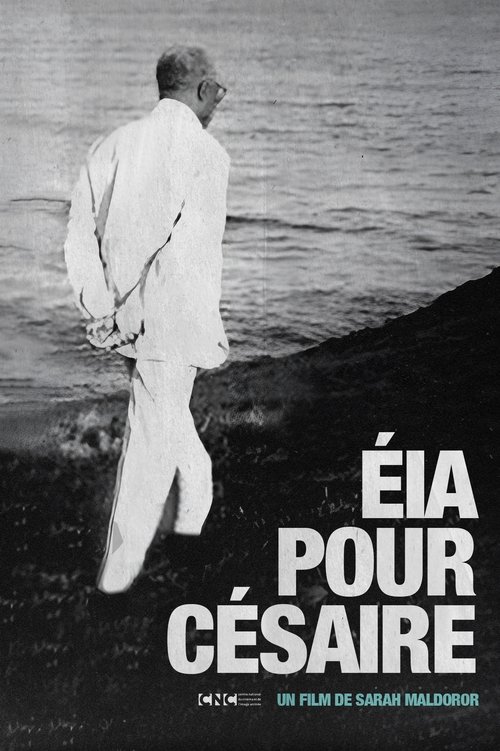
Eia pour Césaire
Shortly after his death in 2008, Maldoror made this film about her longtime friend and collaborator, the Négritude poet Aimé Césaire. In this film, she retraces the steps of Césaire’s travels across the globe — particularly back to his hometown in Martinique, where Maldoror interviews his relatives about his life — and her working relationship with Césaire, including fragments of her previous films about him, Un homme, une terre (1976) and Le masque des mots (1987).
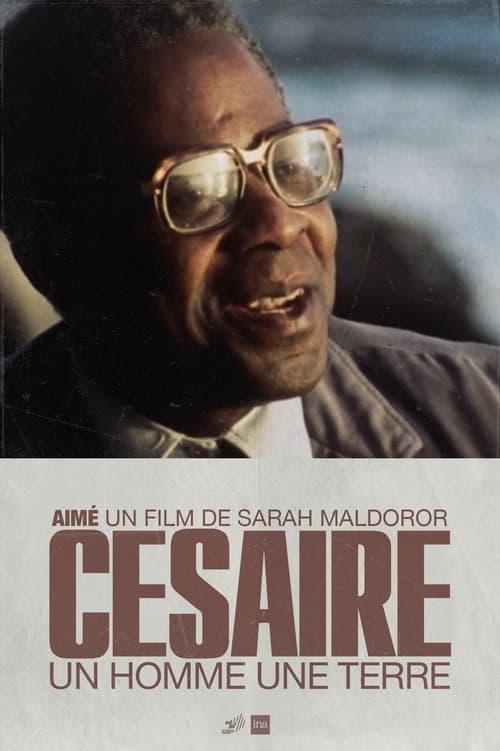
Aimé Césaire, Un homme une terre
Alternating interview segments, shots of Martinique landscapes and scenes from Aimé Césaire's play La Tragédie du roi Christophe (1963), Sarah Maldoror portrays her friend as a politician, a poet, and a founder of the Négritude movement.

Aimé Césaire at the End of Daybreak
Documentary on the négritude movement through one of its founders, Aimé Césaire.
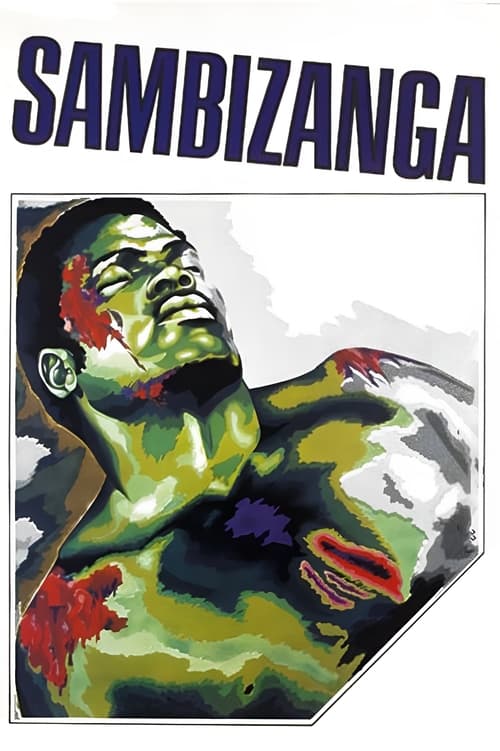
Sambizanga
Domingos is a member of an African liberation movement, arrested by the Portuguese secret police, after bloody events in Angola. His wife goes from a prison station to another, trying in vain to find out where he is.

Toto Bissainthe
A portrait of Haitian singer Toto Bissainthe, whose musical journey is marked by her desire to disseminate creole singing.

Carnival in Bissau
Documentary short that explores the meaning of the locals’ African identity through the Carnival festivities.

Portrait of an African Woman
After an interview whose theme is Senegalese immigrants in France, a piece by Sarah Maldoror appears. This is about the role of African women in social organization, founded on ideals of community solidarity.
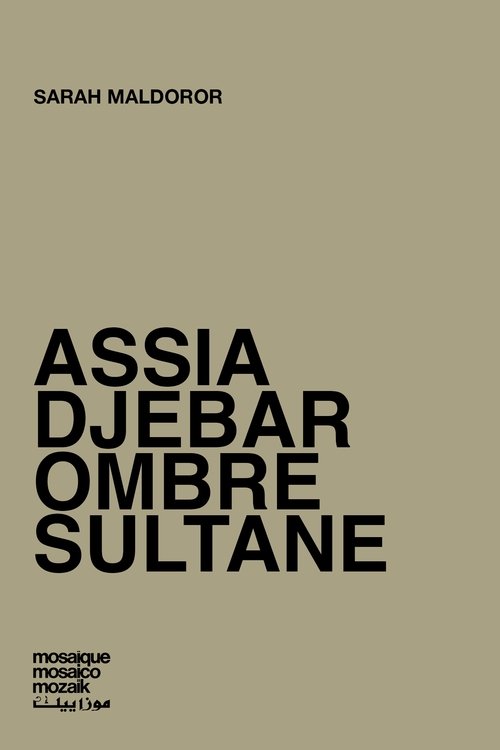
Rencontre avec Assia Djebar
For the France 3 show, Mosaïque, Sarah Maldoror met Assia Djebar on Sunday March 29, 1987 on the occasion of the publication of her book Ombre Sultane. She discusses the status of the traditional woman in the Arab Muslim world: "The woman is always on the move, she is never anchored. To the extent that she is always in the process of repudiation, she is in the process of leaving. With Ombre Sultana, I wanted to make the reader feel that these women from elsewhere are like her, even if the reader is Western.
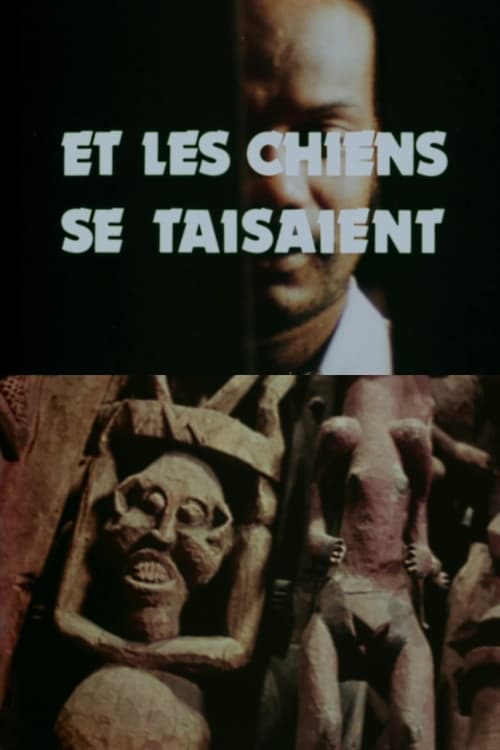
And the Dogs Were Silent
For 'Et les chiens se taisaient' Maldoror adapted a piece of theatre by the poet and politician Aimé Césaire (1913–2008), about a rebel who becomes profoundly aware of his otherness when condemned to death. His existential dialogue with his mother reverberates around the African sculptures on display at the Musée de l'Homme, a Parisian museum full of colonial plunder whose director was the Surrealist anthropologist Michel Leiris.
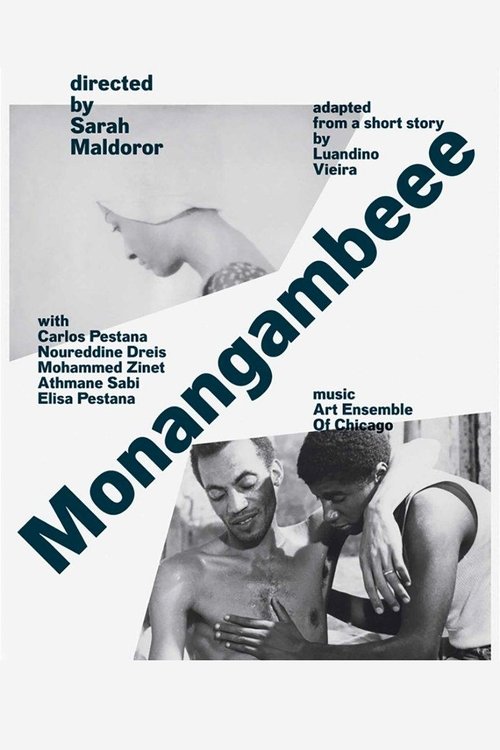
Monangambeee
Filmmaker-griot coming from the theater, it was with a camera, while the war in Vietnam occupied everyone's minds, that Sarah Maldoror gave visibility to the African wars of decolonization: Angola, Guinea Bissau, French Guinea, Cape Verde... Her short film Monangambée addresses the torture by the Portuguese army of a sympathizer of the Angolan resistance. At the end of editing, Sarah Maldoror approached the members of the Art Ensemble of Chicago during a Parisian concert and offered to add sound to her film. The next day they watched the fil...

Le Passager du Tassili
Omar, a young Franco-Algerian from La Garenne-Colombes, decided to spend his vacation in the country of his ancestors, Algeria. On his return, he boards the ferry “Le Tassili” and during the crossing, he meets people who share his doubles, in a good mood that does not hide their heartbreaks.
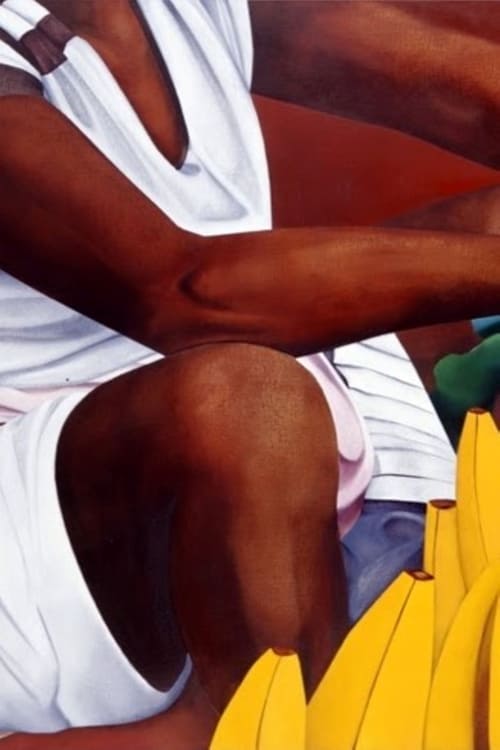
Ana Mercedes Hoyos
Documentary about Colombian artist Ana Mercedes Hoyos, which deals with slavery and Afro-Caribbean cultures.

Dessert for Constance
Bokolo and Mamadou, sweepers in the city of Paris, are looking for a way to pay for the return home of one of their sick comrades. When they find an old book of recipes in the trash, they discover a passion for French cuisine and decide to participate in a televised cooking competition.
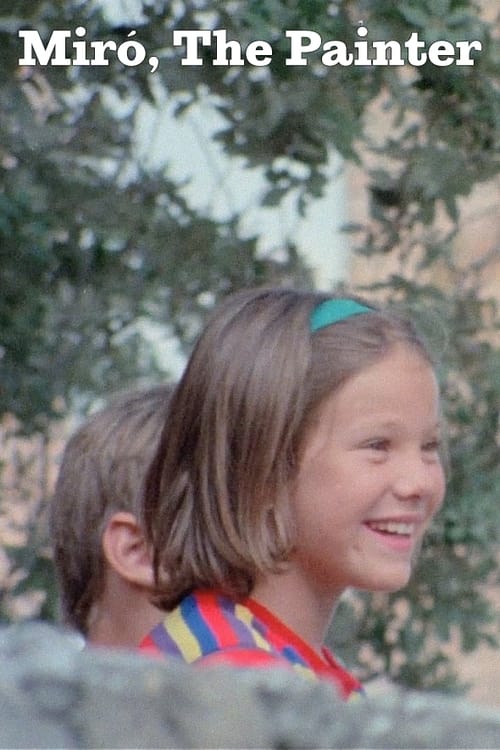
Miró, The Painter
Short piece for the TV series Aujourd'hui en France [Today in France]. The review of an exhibition by Miró at the Maeght Foundation offers the opportunity to approach the surrealist artist from the filmmaker's central themes: the theatre, the interrelationship between the arts and the transformation of the childhood experience through art. The ensemble is like a work by Joan Miró translated into real life. This is its first screening after its television premiere in 1980. Translated with www.DeepL.com/Translator (free version)
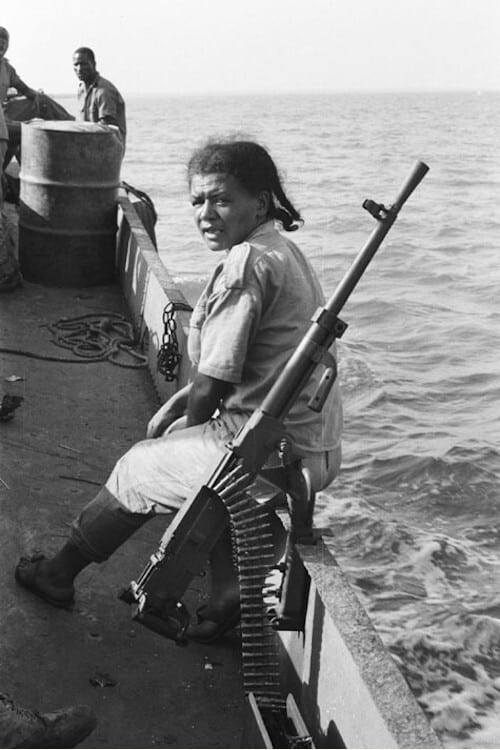
Guns for Banta
Guns for Banta is the first feature-length film by Sarah Maldoror. Shot in Guinea-Bissau, Guns for Banta follows the life and untimely death of Awa, a countrywoman involved in the African Party for the Independence of Guinea and Cape Verde (PAIGC).
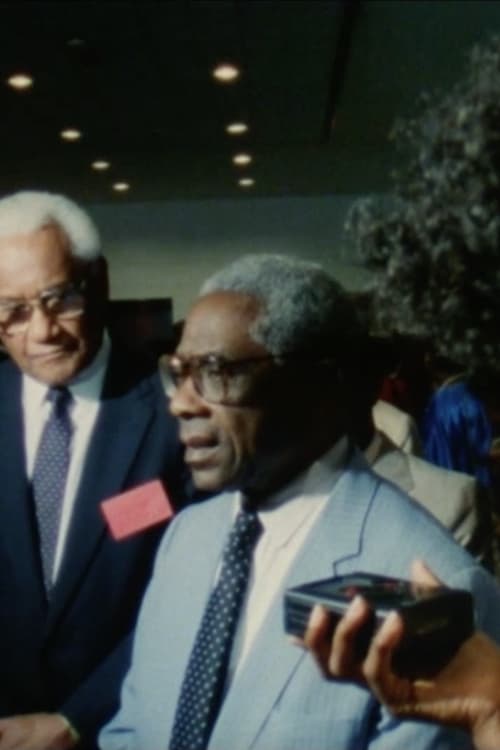
Aimé Césaire: The Mask of Words
Aimé Césaire - Le Masque des mots is a portrait of the Martinican writer who calls himself a rebellious negro and for whom the poetic act represents an act of freedom.
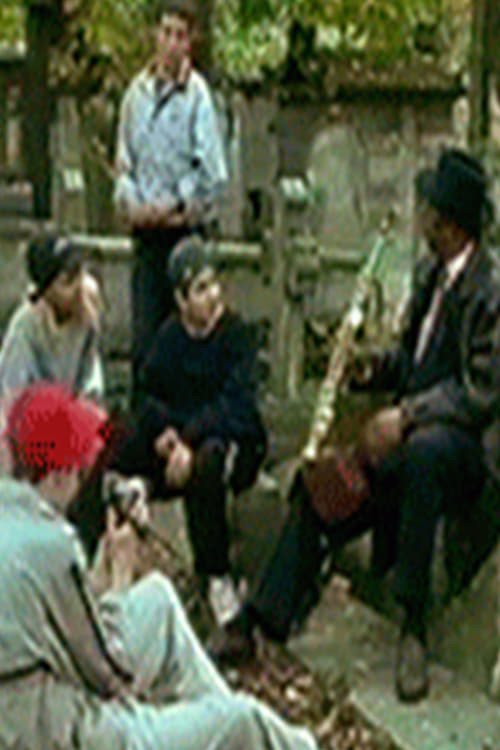
Scala Milan AC
Some teenagers sign up for the contest: "Describe your neighborhood", whose first prize is a trip to Milan. As the youngsters are football fans and fans of Milan AC, they decide to describe the neighbourhood with a rap song, and record a video. Archie Shepp, who also lives in the neighbourhood, watches them and decides to give them a hand.